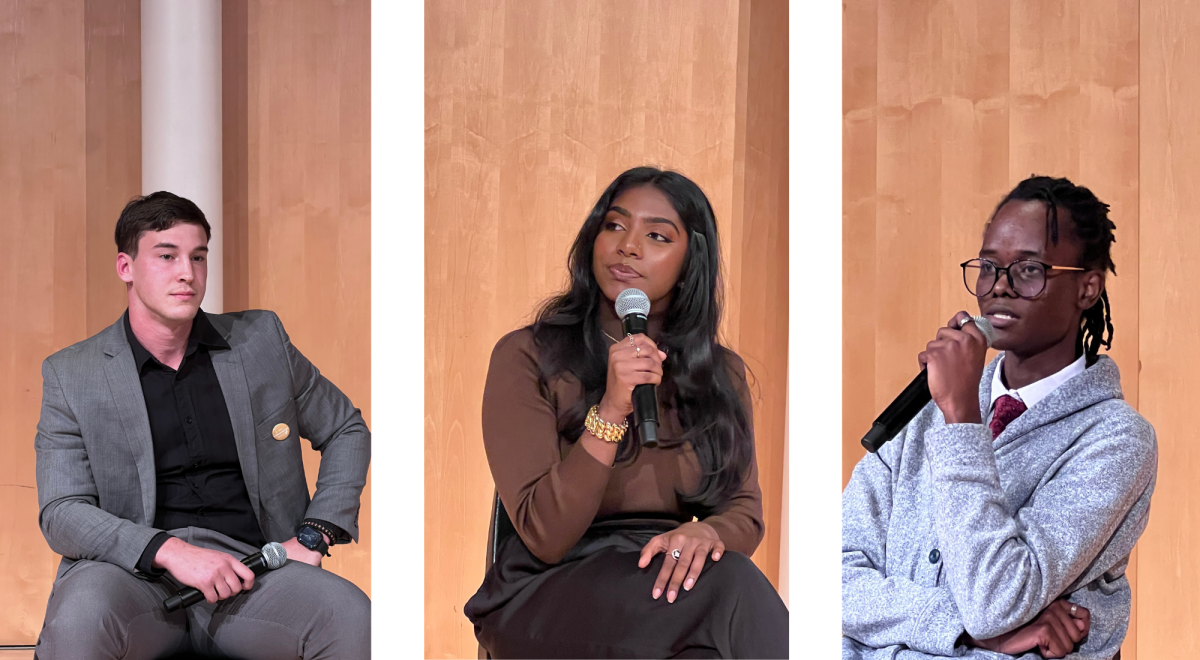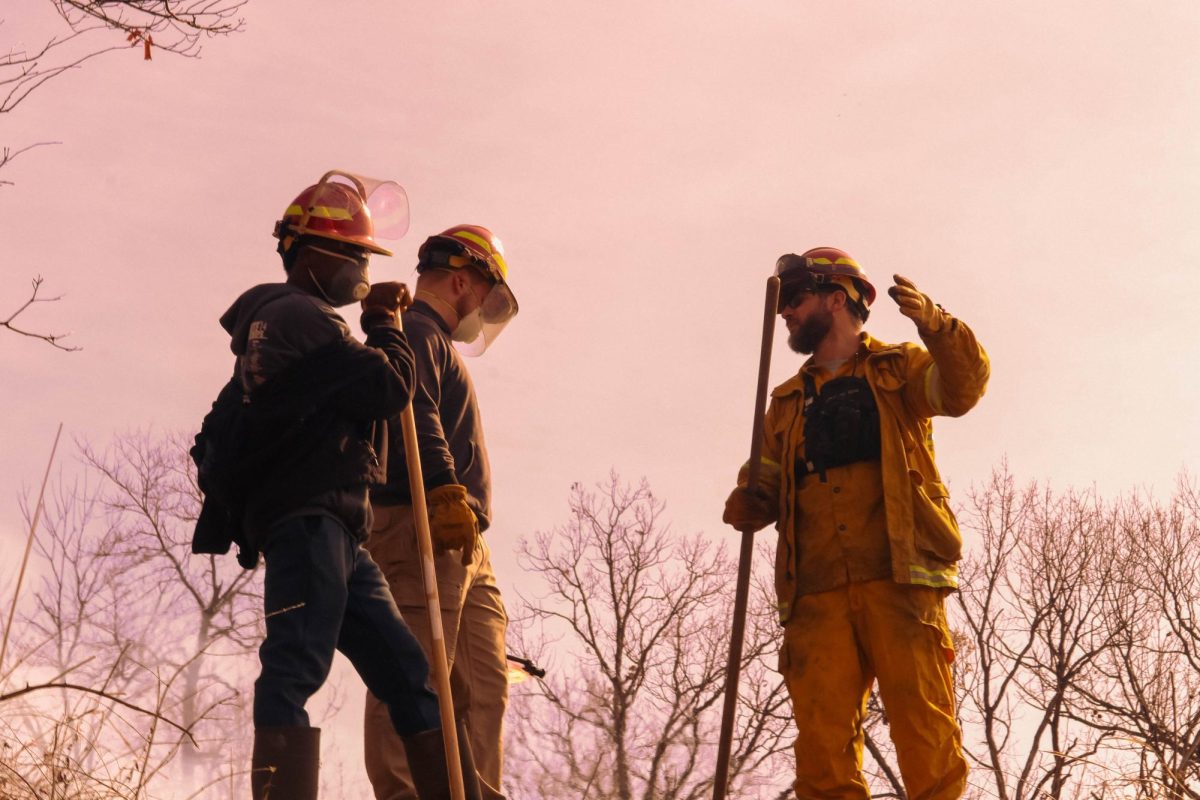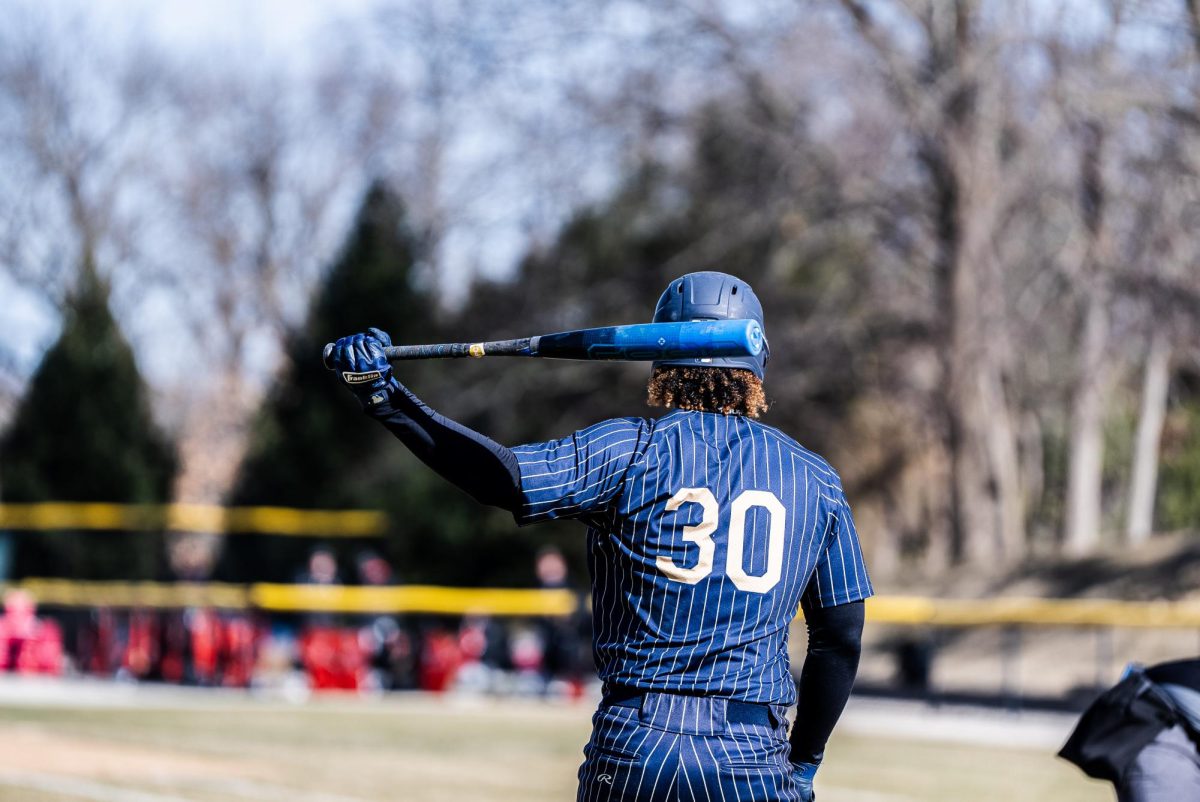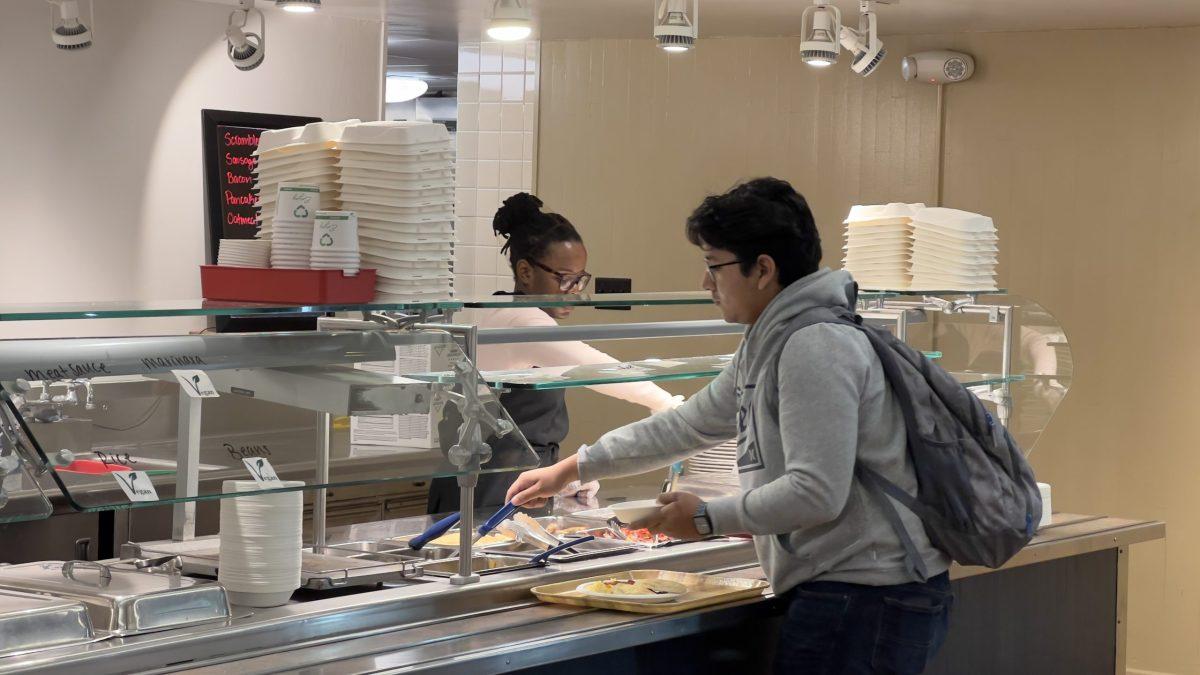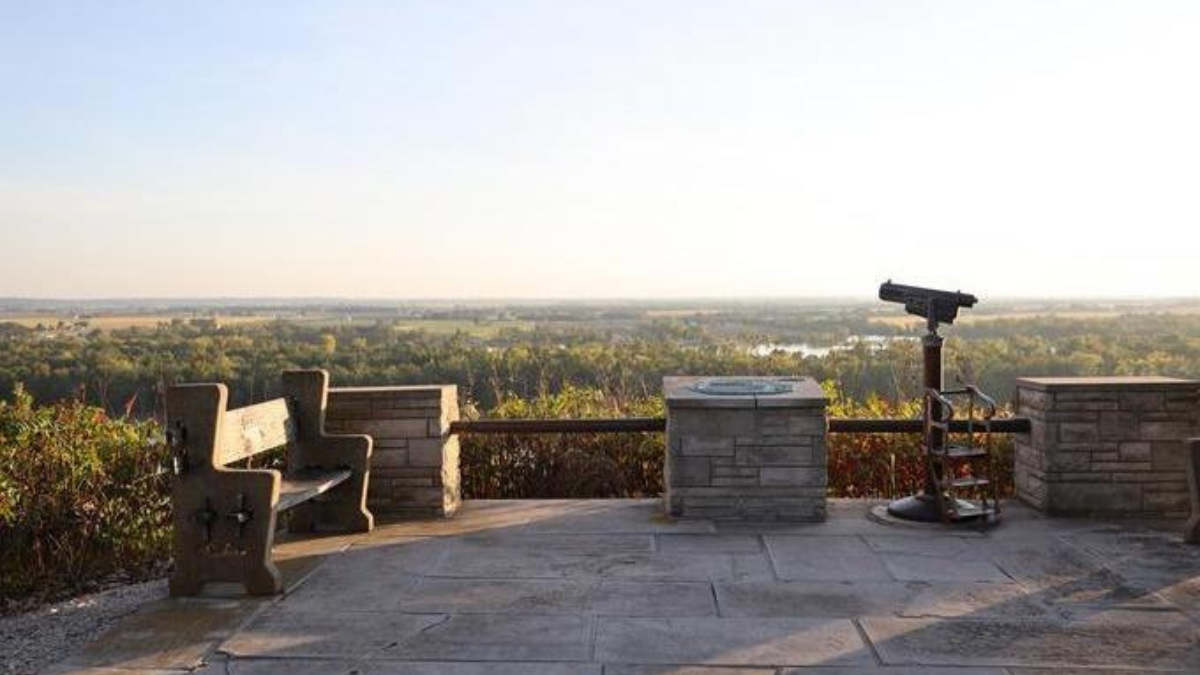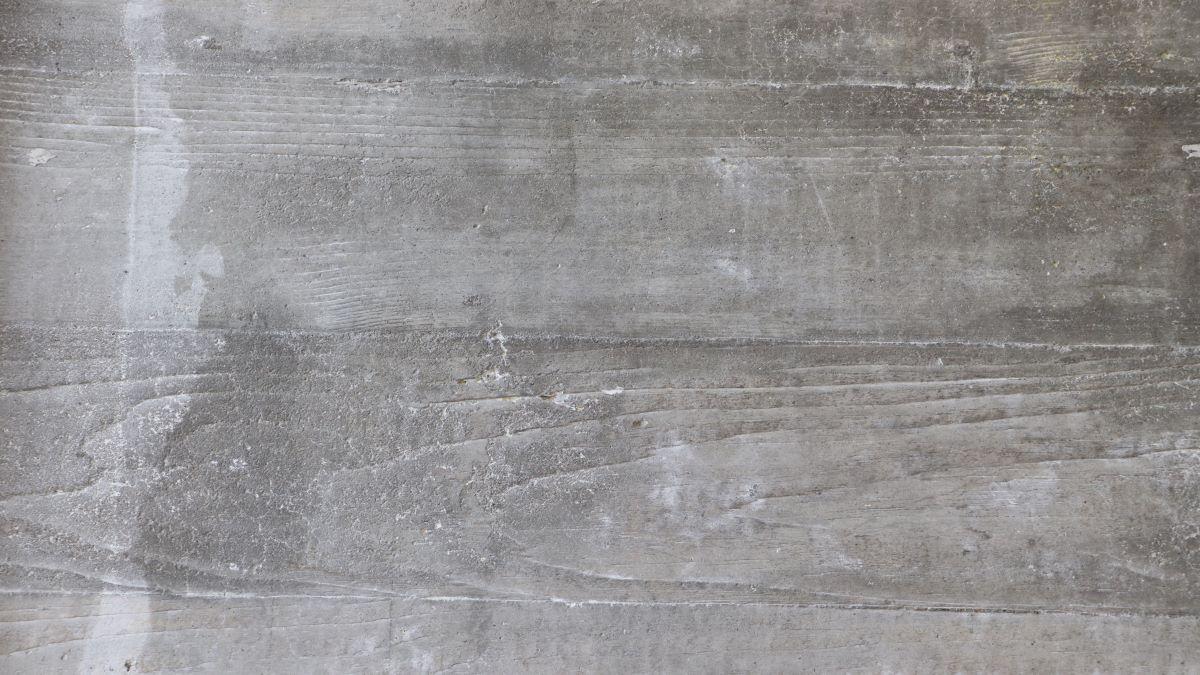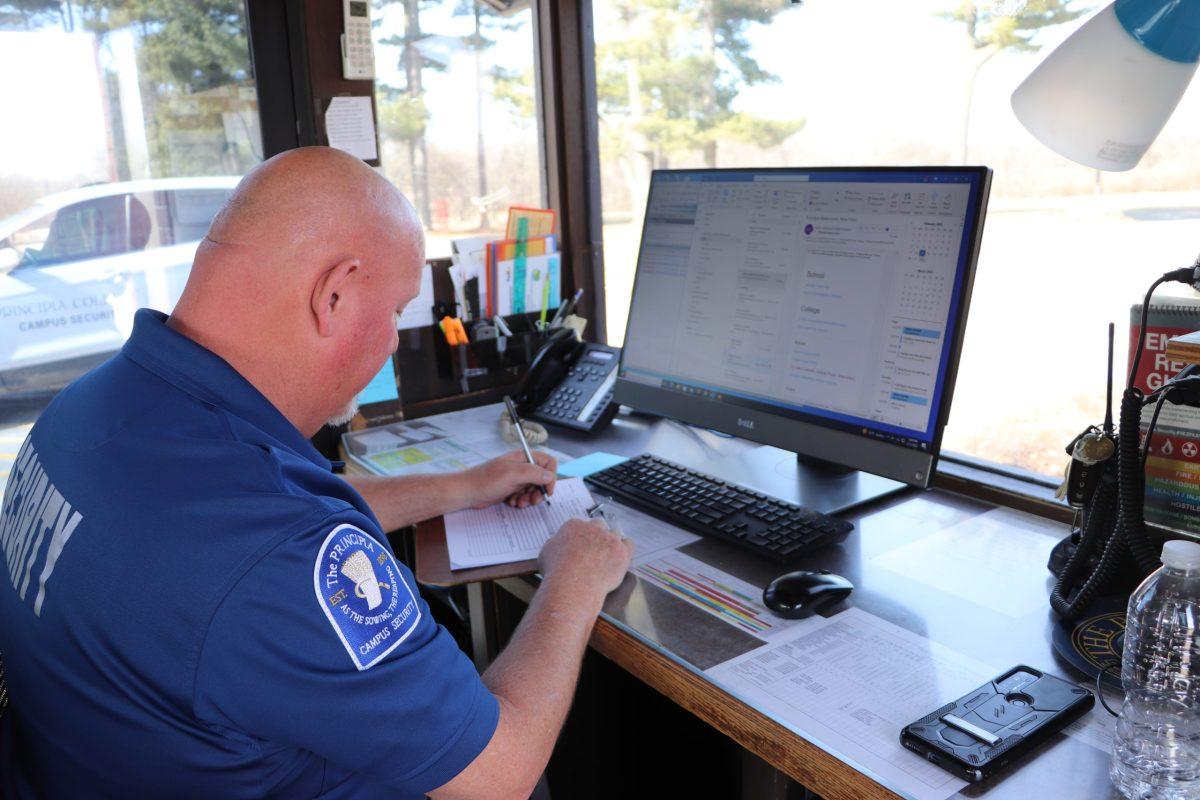Since Monday, representatives from eight houses on campus have been competing against College President Jonathan Palmer to determine who can generate the least waste in a three-week period.
The competition, cleverly named “Trash the President,” will run until Feb. 21, at which point the least wasteful competitor will win two tickets to the St. Louis Cardinals game of his or her choice.
Sophomore Austin Kingsbery, one of two all-campus eco heads, came up with the idea for a campus-wide waste reduction competition over winter break. Kingsbery shared the idea with sophomore Amber Dahlin, his eco-head partner, soon after his initial inspiration.
According to Kingsbery, Palmer had previously expressed interest in helping with eco-friendly initiatives on campus. Kingsbery said he and Dahlin “had a meeting with him [last] quarter and he told us he was extraordinarily open to doing something.” Therefore, it seemed fitting to include Dr. Palmer in the competition.
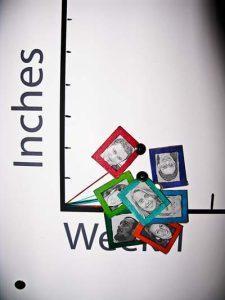
Shortly after returning to campus this quarter, Dahlin and Kingsbery met with Palmer to see if he would be willing to participate. Dahlin said that “he loved the idea” and approved the name “Trash the President” without a moment’s hesitation. She added, “We stressed that it was just a comical title, but he’s totally cool with it.”
Palmer said, “I think we had talked about wanting to have a high profile event that underscored work in greening the campus … I thought this was a great way to do it.”
Dahlin also said that the name was meant to generate interest in the competition across campus. She said, “We thought it would be cool to get the fact out there right away that you’re competing directly against Dr. Palmer, because I think that makes it a little more exciting.”
The prize may also have helped create interest in the event. Dahlin said, “As far as incentive, I think on a campus where not everyone is already ecologically-minded, it is kind of an important thing. At least that was the most obvious way for us to get a wider pool of interest.”
Kingsbery said that the tickets will come out of the eco head budget, and represent the only cost of the competition.
Kingsbery agreed that the Cardinals tickets incentive seemed necessary, but added that the competition is primarily about learning to reduce waste. He said, “In a perfect world, people would realize the importance of these things … especially at this time of our lives when we’re adopting the behaviors we’re going to use throughout the rest of our lives.”
Palmer sees the event as an opportunity for the entire campus to think about their habits regarding waste. He said, “I think whether you’re involved or not, it’s a neat opportunity to think about [how much trash you generate].”
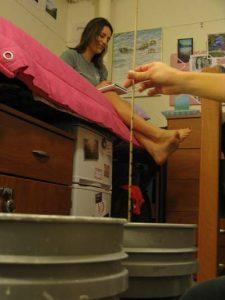
Although Dahlin and Kingsbery organized the event, they had nothing to do with participant selection. All interested students were asked to email their house president and briefly explain why they wanted to participate. Students were also asked to comment on their commitment to honesty as a way of ensuring a fair competition. In the end, resident counselors helped choose the representative from their house.
Competitors include junior Lauren Powers from Brooks, sophomore Christian Richardson from Lowrey, junior Cristi Scheye from Sylvester, sophomore Brooke Benbenek from Howard, senior Chris Sheasley from Buck, senior Cameron Baker from Ferguson, sophomore Marla Hansen from Joe McNabb, and a female freshman from Rackham.
According to the rules of the competition, participants must sort all of their trash and recycling into two uniform buckets kept in their dorm rooms. Perishable items, like food waste from meals in the dining room, do not factor into the competition.
Individual house eco-heads are meeting with competitors daily to measure the amount of waste they have accumulated. Palmer’s wife Sue is keeping track of his progress.
Kingsbery acknowledged that it is difficult for participants to keep track of their waste and dispose of it all in the proper receptacles. He added, “It’s a big commitment.”
Palmer said, “I think it’s going to be surprising over a multi-week period to see how much trash we probably all do generate.”
Palmer said that he has already begun thinking more about how much waste he generates in the office and at home. He added, “I’m hopeful that I won’t come in last, [but] I’m not going to do any trash-talking.”


